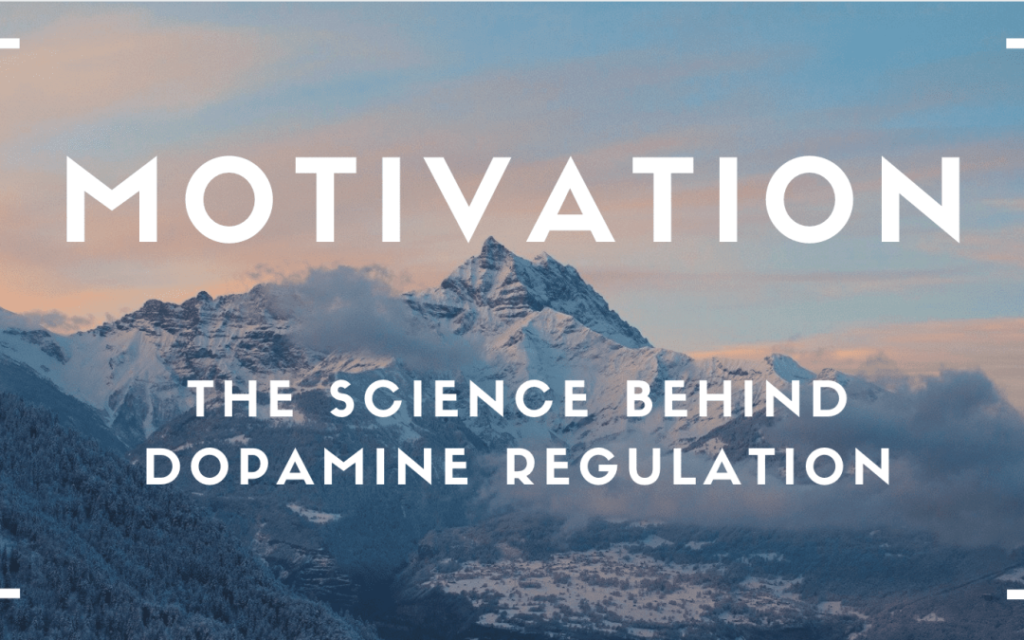Nutrition significantly affects our mood, energy, and overall emotional balance. What we eat directly impacts the production of neurotransmitters—chemicals in our brains that regulate mood, energy levels, and feelings of well-being. By choosing nutrient-dense foods, we can naturally support emotional health and maintain consistent energy throughout the day.
How Nutrition Influences Mood and Energy
The foods you consume affect neurotransmitter production and overall brain health. Neurotransmitters like serotonin, dopamine, and GABA significantly influence mood and energy. A diet rich in essential nutrients provides the building blocks your body needs to produce these critical brain chemicals effectively.
Practical Dietary Recommendations for Balanced Mood and Energy
Incorporating specific foods into your diet can positively impact your mood, increase your energy levels, and promote overall emotional wellness:
Complex Carbohydrates
Complex carbohydrates help stabilize blood sugar, providing steady energy and supporting serotonin production, essential for mood regulation. Good sources include:
- Whole grains like oats, quinoa, and brown rice
- Vegetables such as sweet potatoes, carrots, and squash
- Legumes like beans, lentils, and chickpeas
Lean Proteins
Lean proteins provide amino acids necessary for neurotransmitter production, including serotonin, dopamine, and GABA. Include these sources regularly:
- Chicken, turkey, and lean beef
- Eggs and dairy products
- Fish, particularly salmon and tuna
- Plant-based options such as tofu, tempeh, and legumes
Healthy Fats
Healthy fats are crucial for brain function and energy management. They support the health of brain cells and promote emotional balance. Incorporate sources such as:
- Avocado
- Nuts and seeds
- Olive oil
- Fatty fish like salmon and mackerel
Key Nutrients for Emotional and Physical Vitality
Certain nutrients play specific roles in managing mood and energy:
- Magnesium: Supports neurotransmitter function and promotes relaxation. Found in leafy greens, nuts, seeds, and whole grains.
- B Vitamins: Essential for energy production and brain health. Available in eggs, meat, legumes, nuts, and seeds.
Nutritional Support During Menopause
During menopause, hormonal fluctuations often cause fatigue and mood swings. Nutritional needs can also shift, making balanced eating especially important. A diet emphasizing nutrient-rich foods helps manage menopause symptoms, supports mood stability, and combats fatigue.
Happy Day: Nutritional Supplement Support
To further support emotional wellness and balanced energy, Heal n Cure offers Happy Day, a specialized supplement containing 5-HTP and GABA. These ingredients naturally support serotonin production, helping reduce feelings of agitation, anxiety, and worthlessness. Happy Day complements a balanced diet, providing additional nutritional support to enhance mood stability and emotional wellbeing.
Always discuss supplementation with your healthcare provider before adding new supplements to your regimen.
Achieving Balanced Mood and Energy Through Diet
A balanced, nutrient-rich diet is foundational for maintaining emotional health and energy levels. By consistently choosing complex carbohydrates, lean proteins, healthy fats, and essential nutrients like magnesium and B vitamins, you can naturally enhance your mood, energy, and overall wellbeing.
If you’re experiencing significant mood changes or fatigue, especially during menopause, consider evaluating your nutritional habits. Incorporating dietary strategies and possibly supplementing with products like Happy Day can provide a natural path toward greater emotional balance and consistent energy.



